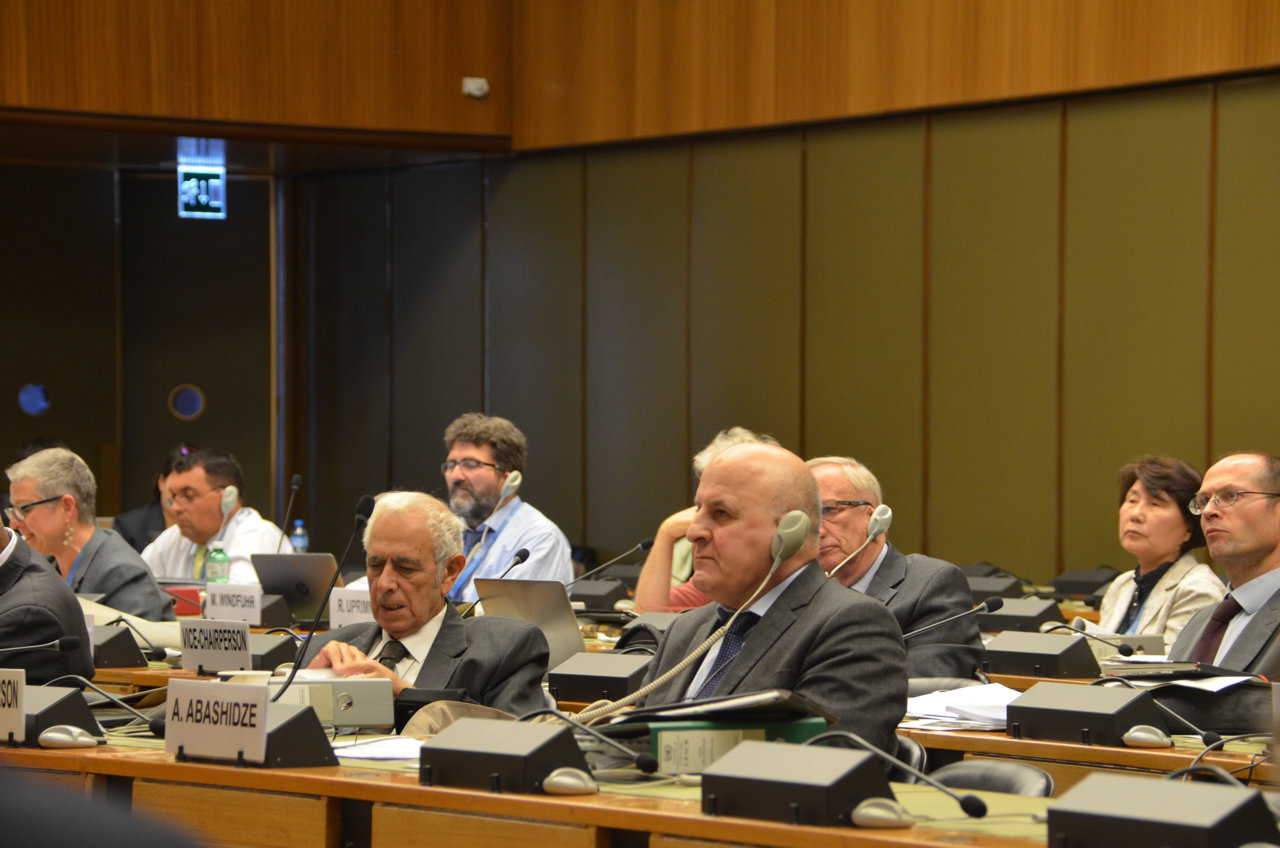Professor of RUDN Law Institute Aslan Abashidze elected member of the UN Committee on Economic, Social and Cultural Rights
Head of the Department of International Law of the Peoples' Friendship University of Russia, Professor of the Department of International Law of the RF MFA Moscow State Institute of International Relations (MGIMO), Doctor of Law, Aslan Abashidze is a renowned researcher and a brilliant practitioner.
Author of more than 550 scientific works - monographs and textbooks on the international legal protection of human rights, international humanitarian law, the law of external relations, peaceful settlement of international disputes, international environmental law, international maritime law, international criminal law, European law, etc. Professor has published more than 15 articles in the journals included in the Scopus database.
An international lawyer and diplomat, for a long time Professor Abashidze participated in the activities of UN human rights bodies, was a member of the UN Working Group on Arbitrary Detention (2008-2009), and since 2014, has been member of the UN Committee on Economic, Social and Cultural Rights.
Representative and active participant of Russian expert bodies, including the Scientific Advisory Board of the Russian Ministry of Foreign Affairs, the Russian Public Council for International Cooperation and Public Diplomacy under the Public Chamber of the Russian Federation, the World Association of International Law, the European Association of International Law, member of the Higher Attestation Commission (VAK) of the RF Ministry of education and science, etc.
Our warmest congratulations!
Products derived from microalgae represent a cutting-edge development in the field of bioeconomy. The potential of this biological resource was discussed at the international research seminar “Foundations for a Green Sustainable Energy”, part of the BRICS Network University’s thematic group on “Energy”. The event was organized by the Institute of Ecology at RUDN University.
Ambassadors of Russian education and science met at a conference in RUDN University to discuss how they can increase the visibility of Russian universities and research organizations in the world, and attract more international students in Russia.
The international scientific seminar hosted by RUDN Institute of Ecology “Experience of participation in student organizations as a way to form career skills” united scholarship recipients of the International Student Mobility Awards 2024 and Open Doors, along with members of the scientific student society “GreenLab” and the professional student association “Kostyor (Bonfire)” shared their projects focused on environmental protection.
